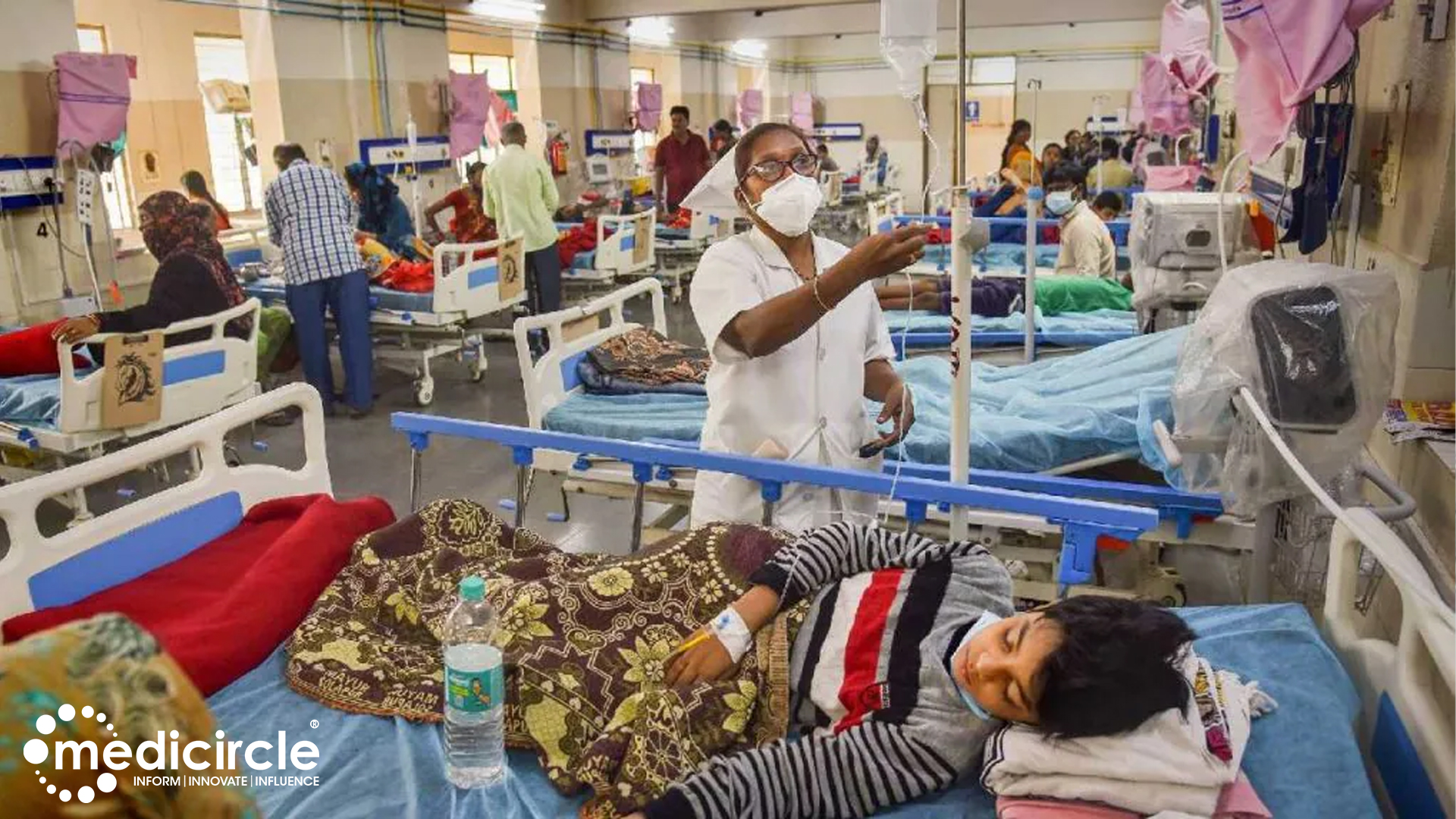In a recent study conducted by the National Accreditation Board for Hospitals (NABH), medication errors emerged as a significant challenge to patient safety within Indian hospitals. The study, undertaken in collaboration with NATHEALTH, sheds light on various shortcomings and areas of improvement crucial for enhancing patient safety standards across healthcare facilities in India.
Medication errors encompass a spectrum of issues, ranging from improper labelling and dosage miscalculations to faulty medical devices and high rates of healthcare-associated infections. The findings showcase the pressing need for comprehensive interventions to address these challenges and prioritize patient safety within the healthcare ecosystem.
Key insights from the study reveal alarming statistics regarding the experiences and perceptions of healthcare professionals working in NABH-accredited hospitals. A significant proportion of nurses (58%) reported feeling pressured to compromise patient safety in favor of hospital efficiency, highlighting systemic issues that need urgent attention. Similarly, a substantial number of doctors expressed concerns about inadequate staffing and the prevalence of a poor patient safety culture within healthcare facilities.
The assessment of diagnostics in NABH-accredited hospitals revealed several areas of concern, including inadequately trained staff, limited patient understanding of safety protocols, and inconsistent adherence to established guidelines. Unsafe injection practices, medication errors, faulty medical devices, and high rates of healthcare-associated infections were identified as key challenges compromising patient safety and contributing to adverse outcomes.
Jaxay Shah, Chairperson of Quality Council of India (QCI), articulated a vision for quality and patient-centric healthcare, emphasizing the need to leverage technology and existing capacities to build an integrated healthcare delivery system. He highlighted the importance of comprehensive care for every individual, irrespective of their geographical location or socioeconomic status, as a cornerstone of India's healthcare aspirations.
Dr. Mahesh Verma, Chairperson of NABH, reiterated the significance of the assessment findings in shaping a patient-centric healthcare ecosystem prioritizing safety. He emphasized the need for collective action from nurses, doctors, medical staff, and hospital management to address the identified challenges and foster trust among patients towards healthcare providers.
During the report's launch, NABH CEO Dr. Atul Mohan Kochhar outlined a multi-pronged approach to improve patient safety, encompassing various strategies such as strengthening leadership and governance, establishing centralized data collection platforms, promoting patient education and awareness, integrating technology for safety measures, and implementing policy reforms with robust enforcement mechanisms.
Moving forward, the insights from the NABH study serve as a roadmap for stakeholders within the healthcare sector to collaboratively work towards enhancing patient safety standards. By addressing medication errors and other systemic challenges highlighted in the study, Indian hospitals can strive towards providing safer and more effective care, ultimately improving health outcomes for all patients.

 Unsafe injection practices, medication errors, faulty medical devices, and high rates of healthcare-associated infections were identified as key challenges compromising patient safety and contributing to adverse outcomes.
Unsafe injection practices, medication errors, faulty medical devices, and high rates of healthcare-associated infections were identified as key challenges compromising patient safety and contributing to adverse outcomes. 










.jpeg)

.jpg)


















.jpg)